From Bossier City, Louisiana, Kristen Levin is the ‘Sherlock Holmes of Hydrocarbons,’ inspecting vessels to provide solutions in eliminating contaminants.
On Kristen Levin’s desk in Shreveport, Louisiana, sits a picture of a woman in dirty coveralls and blonde locks tucked into a hardhat. The woman in the photo leans up against a cement truck in an oilfield, strong and confident.
Kristen is asked if that is her in the photo. Her face lights up instantly. With a big grin, she proudly states, “No, that is my mom!”
Kristen’s mother, Pam Tolbert Smith, broke barriers in the oil and gas industry. She started as a dispatcher in the oilfields of Louisiana and advanced her career with a commercial driver’s license to drive trucks, loaded with cement and pipe, for well operations. “I thank my mom all the time for paving the way for women like me. She would work 12-hour shifts to come home filthy. I remember looking at her and thinking, ‘That’s what I want to be when I grow up.'”
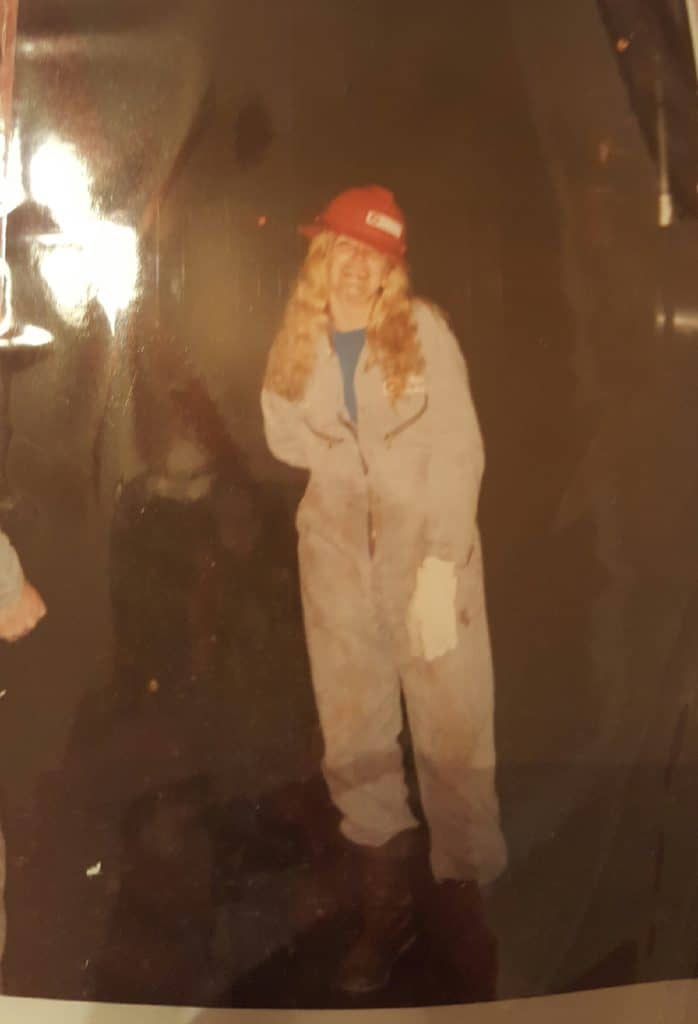
Well, that is exactly what happened.
For the past eight years, Kristen has worked in the oil and gas industry, both onshore and offshore. She started as a chemical upstream lab manager onshore and is currently Strategic Transformation and Innovations Manager, primarily working in the offshore oilfields of the Gulf of Mexico.
Three years ago, Kristen moved her career offshore to further understand how what is seen in a laboratory is actually discovered offshore. “I wanted to take the lab to the field. Watching the process in real time gives you a new perspective on the analytics. Developing new methods that could be ran on the ship, platform or barge improves my customers’ overall production.”
A native of Bossier City, Louisiana, Kristen has a Master’s Degree in Molecular Science and Nanotechnology from Louisiana Tech University. Her objective as a strategic transformation and innovations manager is to troubleshoot and improve performance across the oil and gas industry by combining analytical techniques and developing new methods. “I live for finding the most tedious contaminant during my investigations; I want to be the ‘Sherlock Holmes of Hydrocarbons.'”
Working offshore, Kristen is often one of the only women in operations. Over the years, she has found that not everyone is welcoming to her presence on board. “There have been times where I am operating a chromatograph* on board a vessel and I hear cross remarks about my gender. I have been asked why I am out there and not home with my son like a ‘good mom.’ Even this year, a customer asked if there was a more experienced man that could be sent to do the job. This only makes me work harder. I see the value in my work and the service I provide.”
* Chromatograph: An instrument that measures, calculates and quantifies the amount of hydrocarbons, sulfurs and volatile compounds within the downhole gasses.
Kristen is quick to dismiss these comments, knowing that she has worked with many individuals who hold her knowledge, skills, and experience in high regard. The camaraderie that she has found offshore drives Kristen to make her career on the water long-term. “My biggest motivation is the people you meet. You interact with individuals from all over the world and everyone’s level of experience is completely different. I like learning from others’ experiences. It only makes me better at my job when trying to troubleshoot an issue.”
Kristen credits her success in the oil and gas industry to her mentor, Dalton LeBlanc, Measurement and Instrumentation Manager. Dalton is an experienced oil and gas professional of 35 years, who has created an inclusive environment for Kristen to thrive in. “Dalton has never been biased towards or against me, nor anyone else for that matter. He has taught me more in terms of hydrocarbons than any of my college degrees. My gender has never mattered to him. I was eager, I loved to work and I wanted to learn everything he could teach me. It has been nearly 8 years now that I have worked with Dalton and he has stood up for me on more than one occasion. I am thankful for his support and for others like him.”
While onshore, Kristen works in her laboratory, where she is a gas chromatograph expert. While observing the containment collected offshore, she develops methods and techniques to help vessel operators identify these trace contaminants so as not to foul systems on board.
Kristen only spends a few days at a time in the lab before heading back to sea. This“Sherlock Holmes of Hydrocarbons” has much to investigate. Whether on a barge, platform, or ship, she will be armed with a chromatograph and ready to hunt down any contaminants on board.

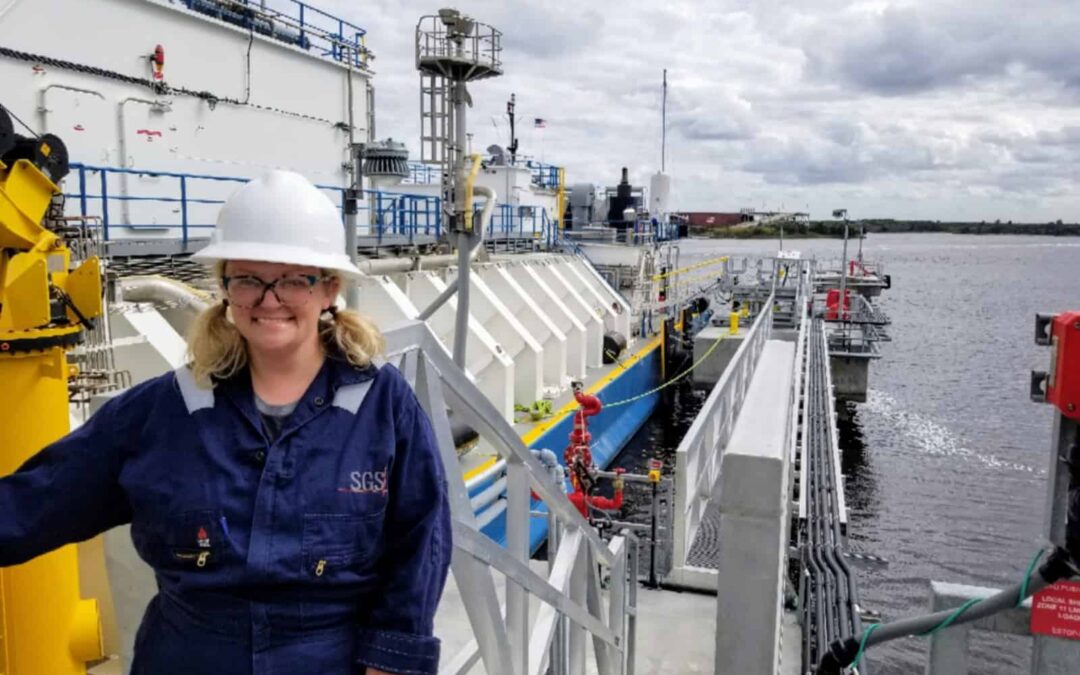
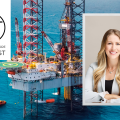

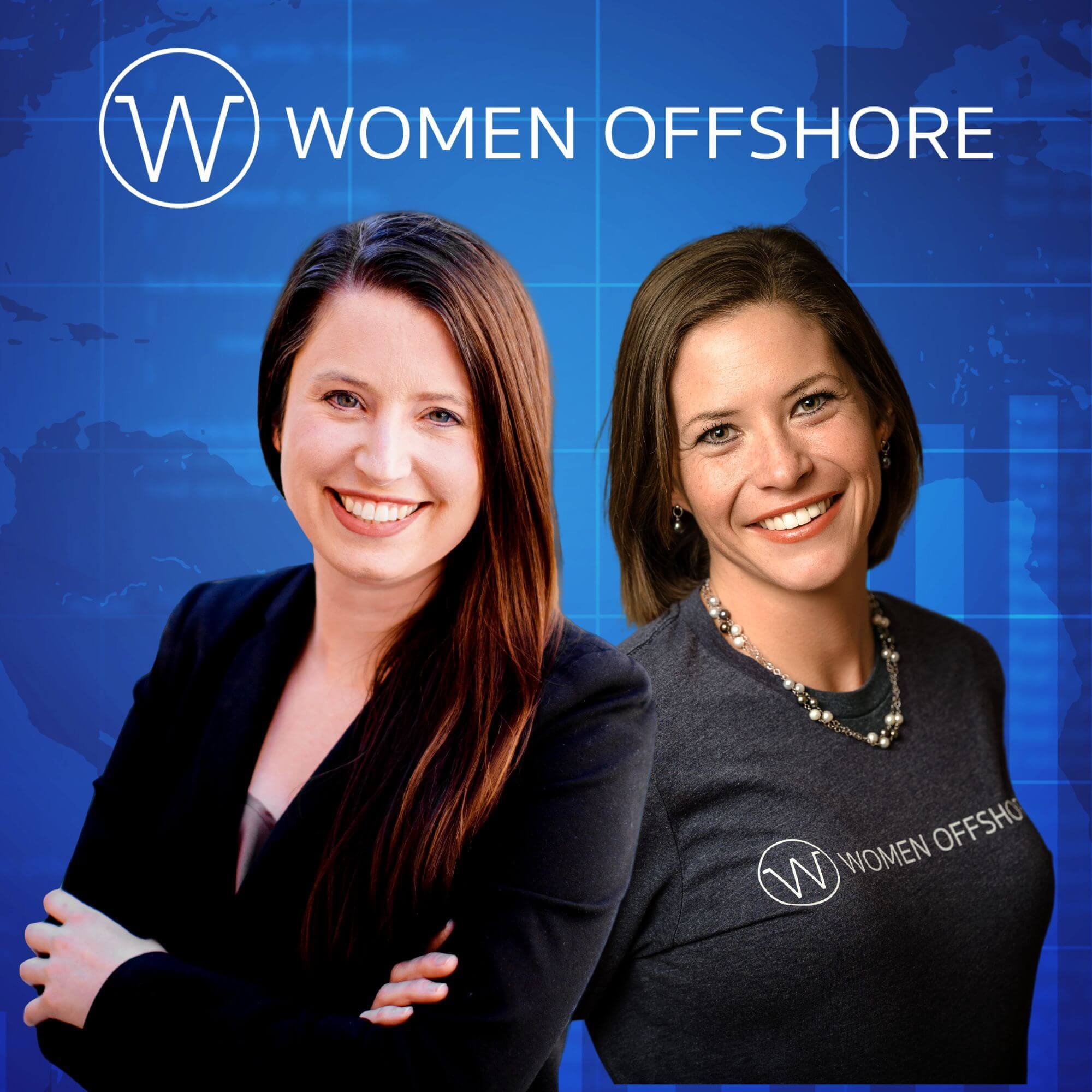
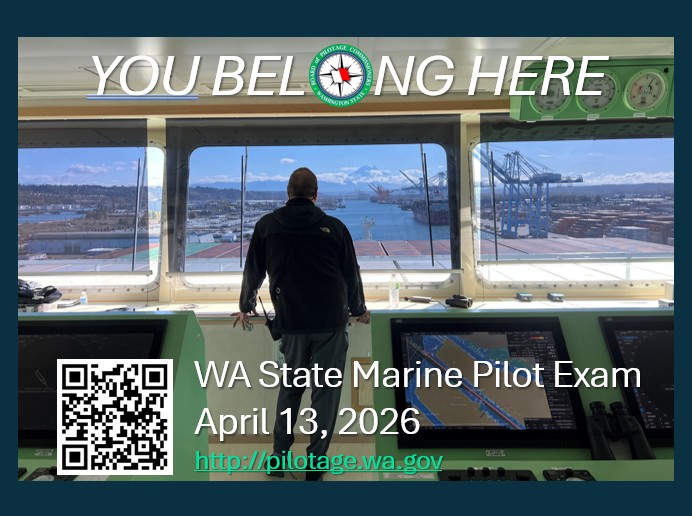


I’ve worked with Kristen on several occasions. She genuinely cares about her work and the people she works with. GO KRISTEN! As she always says, “Let’s nerd out right now!”
My favorite boss lady